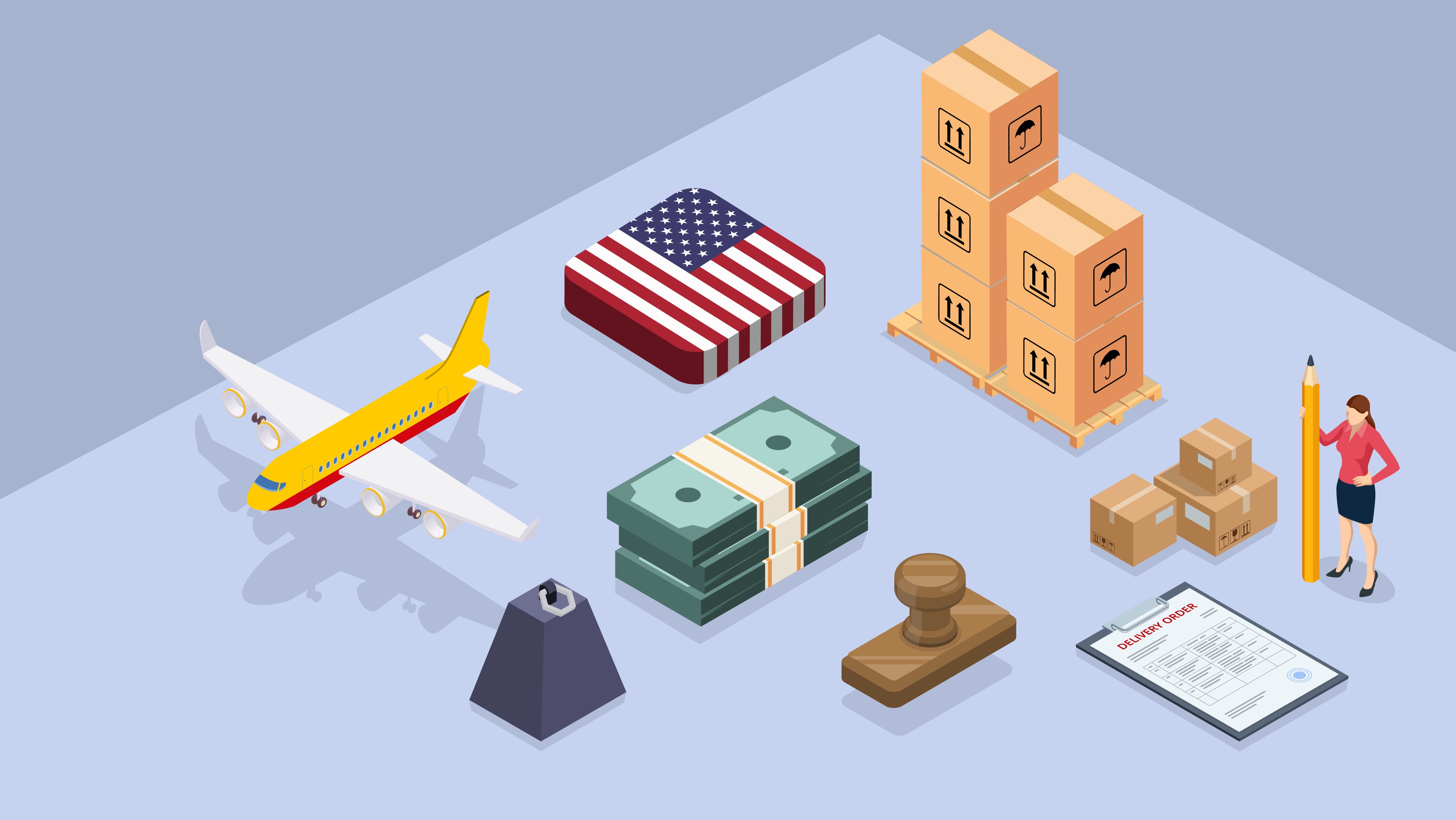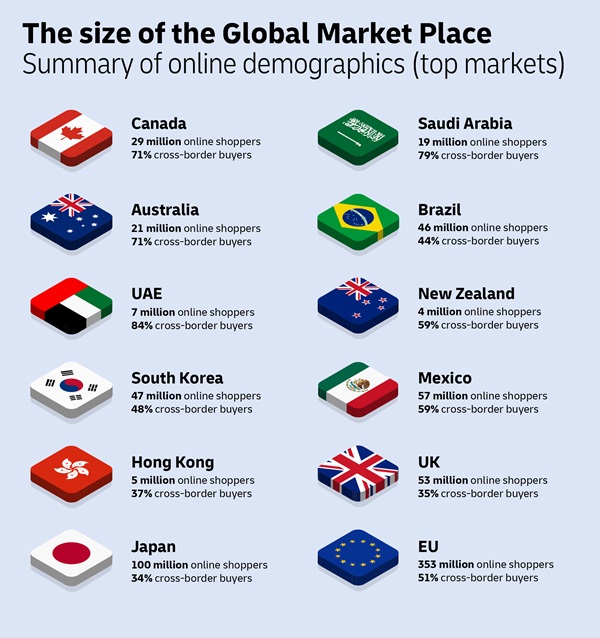How the end of the U.S. de minimis exemption affects your bus
 Do you ship goods to the U.S.? If so, you’ve likely benefited from the de minimis tariff exemption – a rule that’s made cross-border selling simpler and more affordable since 2016. It has allowed shipments valued under US$800 to enter the U.S. without duties, taxes, or extensive customs checks, helping businesses of all sizes reach American customers with ease.
Do you ship goods to the U.S.? If so, you’ve likely benefited from the de minimis tariff exemption – a rule that’s made cross-border selling simpler and more affordable since 2016. It has allowed shipments valued under US$800 to enter the U.S. without duties, taxes, or extensive customs checks, helping businesses of all sizes reach American customers with ease.But big changes have come. Starting August 29, 2025, the U.S. has removed the de minimis threshold for all countries, meaning that all shipments, regardless of their value or country of origin, will be subject to all applicable duties and taxes and the Informal or Formal Entry process.
Here's what that means for your business – and how you can stay ahead.

What is the de minimis exemption rule?
The de minimis exemption is a U.S. trade rule that has, since 2016, allowed goods valued under US$800 to enter the country without paying duties or taxes, and under a simplified entry process.The rule helped reduce shipping costs and speed up delivery times – a big boost for e-commerce businesses and SMEs wanting to reach U.S. customers.
How this change will impact businesses
From August 29, 2025, all shipments into the U.S. will be subject to duties and taxes – no matter the value and no matter the origin. For small and medium-sized businesses, that’s a significant shift.With this change, accurate customs declarations become non-negotiable. You'll need to classify products correctly, declare their value, and ensure all documentation is spot-on – because mistakes could lead to delays, penalties, or unhappy customers.
For e-commerce sellers and SMEs, the implications are clear:
- Pricing strategies may need to change to account for duties and taxes.
- Shipping costs could rise, especially if customers are unwilling to absorb the additional fees.
- Cart abandonment could increase if duties and taxes aren’t communicated clearly at checkout.
SHIP SMARTER WITH DHL EXPRESS
How to adapt to the end of the de minimis tariff exemptionThe removal of the de minimis exemption doesn’t have to derail your operations – but it does call for some smart adjustments. Here are some best practices to keep your shipping strategy running efficiently:
Ensure your documentation is in order
To ensure a smooth customs clearance process, it’s vital that your shipping documentation – including the Commercial Invoice – is complete and accurate. DHL’s MyGTS can guide you through all the data you need to provide to stay compliant and keep your shipment moving.
Tighten up your compliance processes
Double-check that your products are correctly classified under the HTS (Harmonized Tariff Schedule) codes. Consider using automated tools to calculate duties and taxes – they’ll save your business time and reduce costly errors.
Recalculate your landed costs
Factor in duties, taxes, and handling fees to get a true picture of your total shipping expenses. From there, you can update your product pricing or shipping options to maintain healthy margins.
Go DDP (Delivered Duty Paid) by default
Taking ownership of duties and taxes upfront makes for a smoother experience at checkout – and at delivery. When customers see the full cost ahead of time, there are no surprise fees at the door (a major reason for cart abandonment).
Enable duty/tax prepayment and real-time tracking
Giving customers the option to prepay charges – along with live updates on their shipment – will build their trust in your brand.
How DHL Express can help
DHL Express services to the U.S. remain fully operational, so you can continue relying on the same fast, reliable delivery experience.Behind the scenes, our teams have been actively preparing for the de minimis changes to ensure your shipments stay fully compliant with U.S. customs regulations.
Global growth opportunities
While the removal of the de minimis exemption presents challenges, it also opens the door to new opportunities. This may be the perfect moment to rethink your global growth strategy. There’s a big world out there full of potential customers for your products; now is the time to find where that demand lies.Some countries may offer quicker entry and fewer regulatory hurdles, giving you the chance to scale rapidly. Others might be larger and more competitive but promise greater long-term returns. With DHL’s insights and local know-how, you can make informed decisions about where to grow – and how to get there efficiently.

In short, with DHL Express as your logistics partner, the de minimis impact doesn’t have to be a roadblock – they can open new doors for growth. Stay up to date with the latest information on the U.S Tariffs here, and explore what’s possible for your SME with a DHL Express Business Account.



